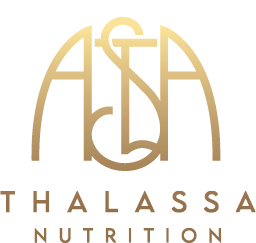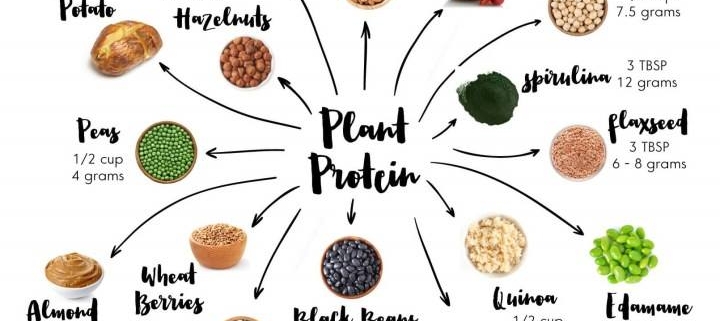Plant-based
The
health benefits of a plant-based diet is plentiful. Plant-based meals
can be cheaper, nutrient-rich, environmentally sustainable and better
for animal welfare and your body. Despite that many people worry that
they won’t get enough protein on a plant-based diet, and this is far
from the truth.
Whether you are solely plant-based, vegan or vegetarian, transitioning into either of these, or simply
choose to reduce your animal intake for better health for yourself and
the environment; you can be sure that protein requirements can be
readily met on a plant-based diet. These protein requirements can be met
for any goals too. Whether that be overall health and wellness, fat
loss or muscle growth (just google vegan bodybuilders and athletes and
you will be amazed). Even Arnold Schwarzenegger has become a activist
for veganism.
plant-based-protein-sources
For vegetarians eggs and dairy are sources of high-quality protein and
can be added alongside a plant-based diet. For vegans there are a number
of plant-based proteins that are incredibly healthy (more below).
However, there are two things to be mindful of. Firstly, the protein
digestibility and secondly that you are consuming complete proteins.
Complete vs Incomplete Protein Sources
A complete protein is a source of protein that contains an adequate
proportion of the nine essential amino acids. These amino acids are
termed “essential” as they can’t be produced by the body, or produced in
adequate amounts. Therefore, we must get them from dietary sources.
Some plant-based sources of protein are complete proteins, whereas
others may be missing one or more of the essential amino acids. Some of
the incomplete protein sources can be combined in a meal to create a
complete protein. For example – rice and beans – which make a great
vegan chilli dish or Mexican inspired meal!
However, there is
no need to get caught up in ensuring EVERY meal has complete protein
sources, particularly if your goal is every health, wellness, or even
fat loss. The (easy) trick here is to ensure you are consuming a variety
of protein sources over the day which will meet your essential amino
acid requirements.
If your goal is more specific (i.e. muscle
growth/hypertrophy, or if you specifically track your macros), you can
easily ensure each meal contains complete proteins and the right protein
amount for your goal
Complete Protein Sources (g = grams of protein / per):
Quinoa, cooked (8g /1 cup)
Tofu, cooked (8-10g /100g)
Tempeh, cooked (18g /100g)
Buckwheat, raw groats (23g /100g)
Rice & beans, cooked (10-15g /1 cup)
Soybeans, raw (36g /100g)
Hemp seeds (11g /30g)
Chia seeds (4g /2 tablespoon)
Spirulina (4g /1 tablespoon)
Incomplete Protein Sources:
Grains (e.g. brown rice = 5g /100g cooked)
Nuts and seeds (average: 6-9g /30g)
Legumes/beans (average: 7-9g /100g)
Vegetables (e.g. Green Peas = 8g /1 cup. Spinach & Broccoli =4-5g /1 cup)
Nutritional Yeast (4g /1 tablespoon)
Plant-based vs. Animal protein sources
The protein digestibility between plant protein (70-90%) and animal
protein (85-100%) sources differ slightly. Therefore, when consuming a
solely vegan diet, your protein requirements may increase.
FB: https://www.facebook.com/tris.balancedbodynutrition/

 NO
NO no
no